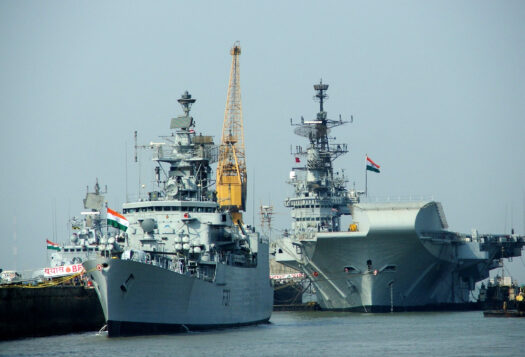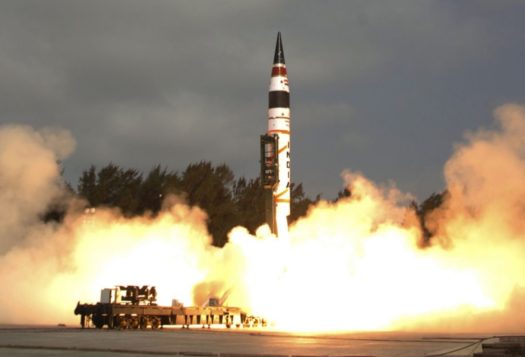I met Brigadier Gurmeet Kanwal for the first time in 2013 in New Delhi at the Indian Council for Research on International Economic Relations (ICRIER) during one of the meetings of the ICRIER-Wadhwani Chair in the India-U.S. Policy Studies initiative. It was a privilege to work with Gurmeet sir (as I would call him) on a project on India-U.S. defense and security cooperation. I benefited from his deep understanding of India’s strategic affairs, especially of the defense sector. I remember taking copious notes while listening to his perspectives on India’s offset strategy and the need for a vibrant indigenous defense industrial base. Those long hours of conversations and working group meetings turned into successful collaboration, with a report titled “India-U.S. Defense Industrial Cooperation: The Way Forward.”
Brig. Kanwal’s firm belief that India’s future defense acquisitions should lead to a transformation of its defense technology base and manufacturing prowess helped me refine my thinking on how India should bolster its national comprehensive power in the 21st century. Richly evident in his writing was his conviction in the promise of India-U.S. bilateral relations. He wrote about the importance of India-U.S. tri-service military exercises to gain a better understanding of each other’s military capabilities and interoperability challenges. Inspired by him and eager to learn more about the Indian defense sector commerce, I undertook several other projects subsequently at the Observer Research Foundation, writing about how India and the United States. can overcome some of their defense challenges.
In most of my endeavors, Gurmeet sir would be forthcoming to provide remarks and also act as a reviewer. I am grateful that he painstakingly provided critical feedback and constructive criticism for a paper that I wrote titled, “India and the United States: New Directions in Defence Partnership”, Gurmeet sir’s influence reflects in some of the articles I have written, arguing about how the Foreign Military Sales (FMS) route, through which the bulk of India-U.S. defense trade is conducted, is untenable in the long run. I argued that FMS is not based on competitive market principles and does not add any transfer of technology (ToT) to Indian industries to jump-start India’s industrial base and incentivize the Indian economy.
In Delhi’s strategic circuit, Brig. Kanwal was a sharp and crisp voice on the need to check Chinese unilateral behavior and assertiveness in the South China Sea and Western Pacific. I enjoyed reading and learned a lot from his astute policy recommendations on how India must counter the Chinese threat. I have fond recollections of an interesting panel discussion which Brig. Kanwal moderated, where I presented a paper on India’s response to the U.S. Pivot and Asian geopolitics. Being the moderator, he challenged me to think about whether India and the United States should conduct a joint military operation in an area of strategic interest if India’s vital national interests are threatened. To date, I don’t have a good response for his incisive question.
Good mentors are also great bridge and community builders. Gurmeet sir was a kind and encouraging mentor to me and also played a pivotal role in introducing me to Dr. C. Raja Mohan and encouraging me to learn and grow under Dr. Mohan’s tutelage. I will forever be indebted to him for this connection. When I moved to the United States, I saw Gurmeet sir less often but always remembered his advice to keep on writing and improving research, aptitude, and analytical skills. Despite his busy schedule, he would always find the time to respond to my emails and provide comments and feedback on my articles and papers. An upside to participating in several Track IIs both nationally and internationally was seeing Brig. Kanwal, maintain his composure with his usual endearing smile in these highly stressful India-Pakistan simulations and war games.
Like everyone in the industry, I am deeply pained that Brig. Kanwal is no longer with us. However, his legacy richly lives on through the books he wrote and the policies he shaped, but most importantly through the lives he touched. As I reflect, I consider myself fortunate as Brig. Kanwal took the time to train and equip me with the analytical tools and frameworks that I needed to shape my career. His wisdom continues to guide several of my professional undertakings to date. I miss him, and his endearing smile. I have a treasure trove of thoughtful email exchanges with him. My favorite one, which I often re-read is “Congrats on a well-balanced analysis. God Bless. Let’s write…”


